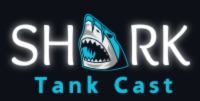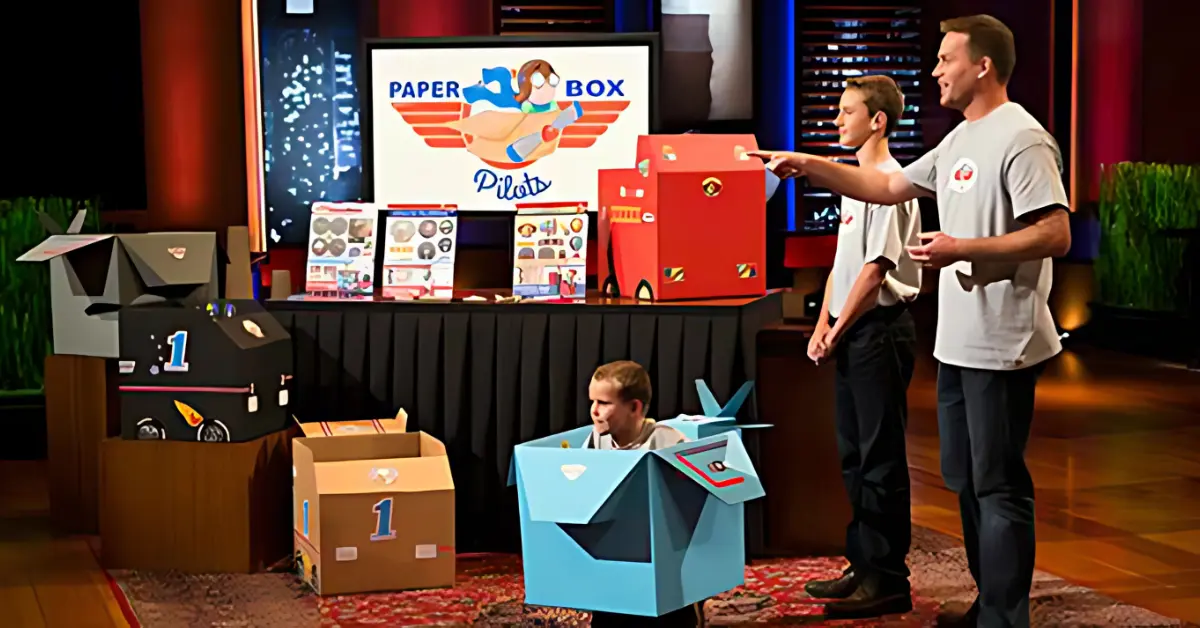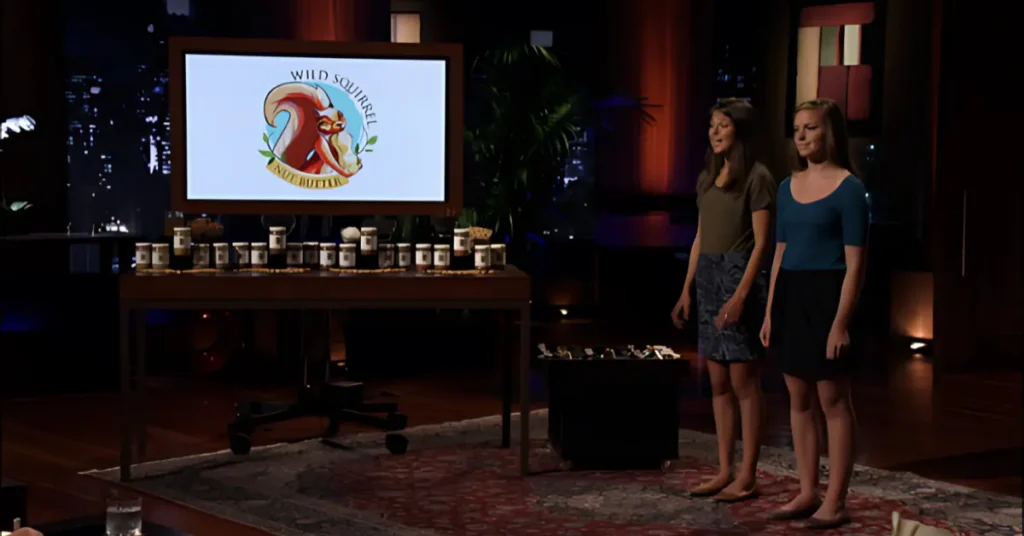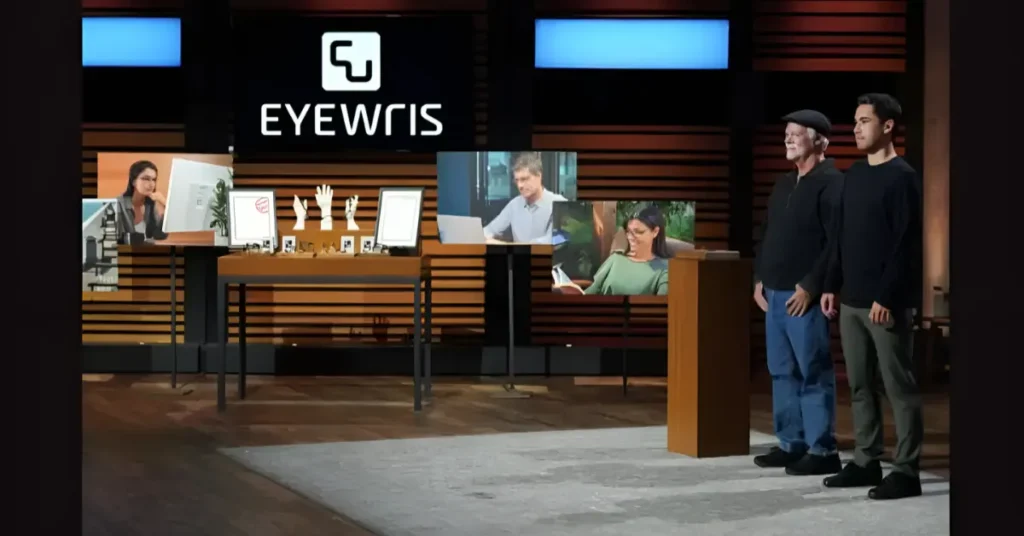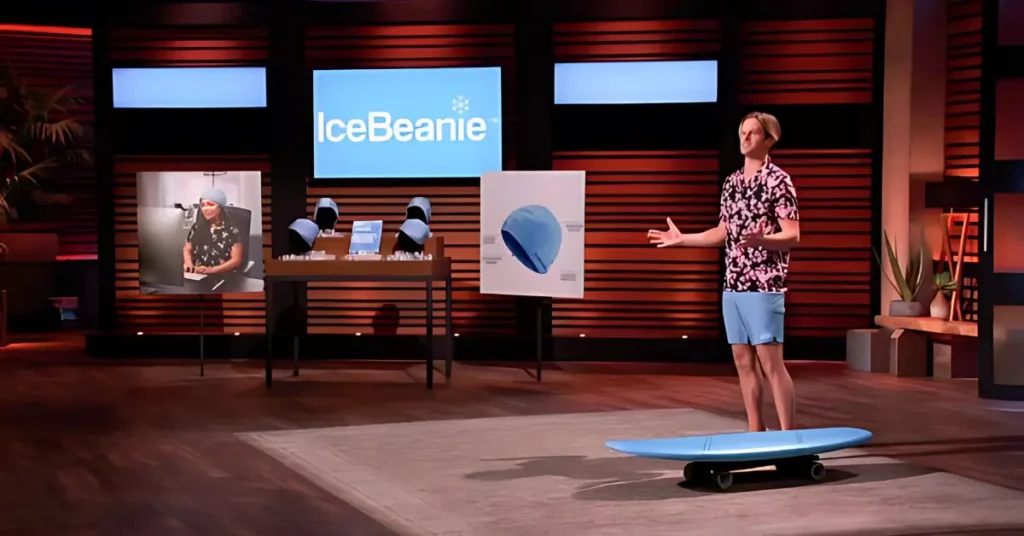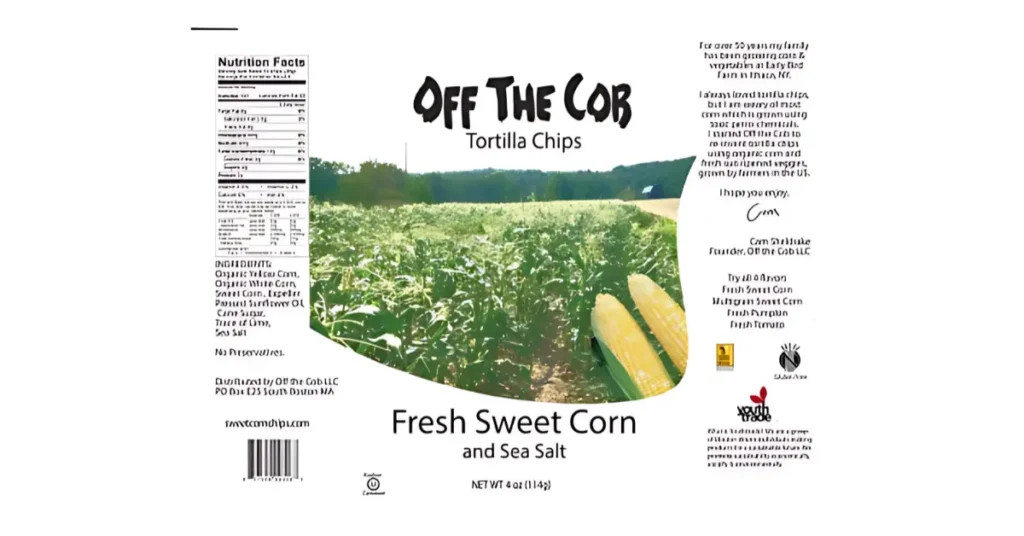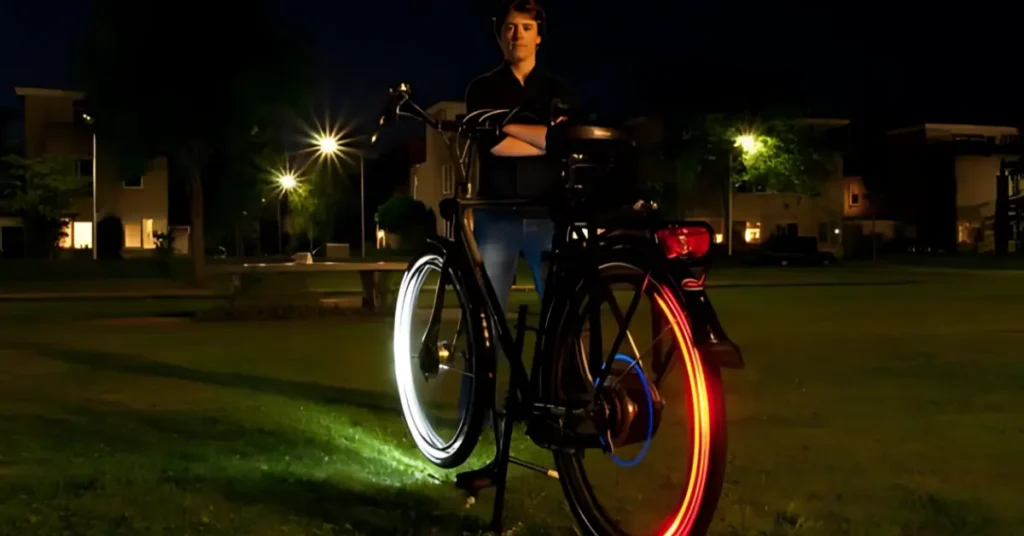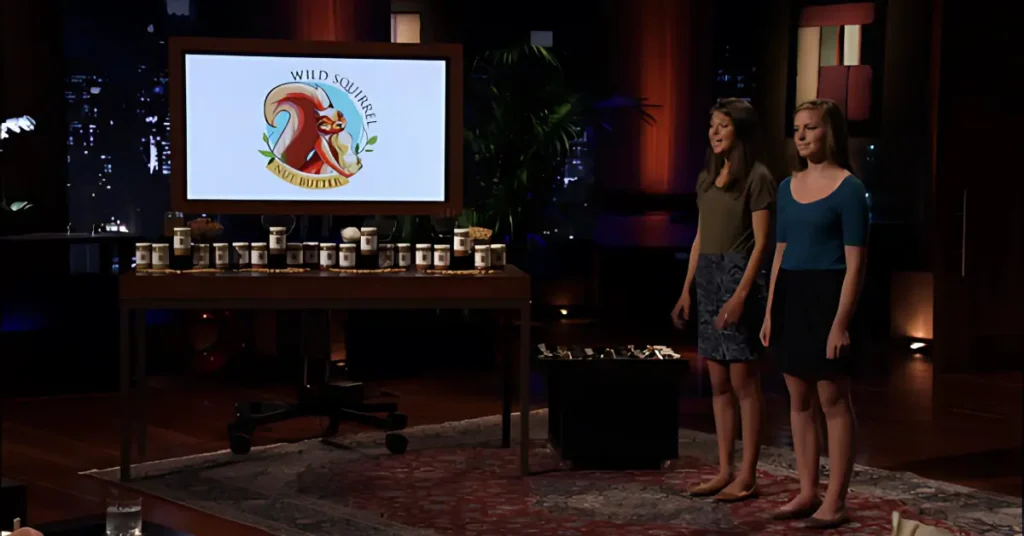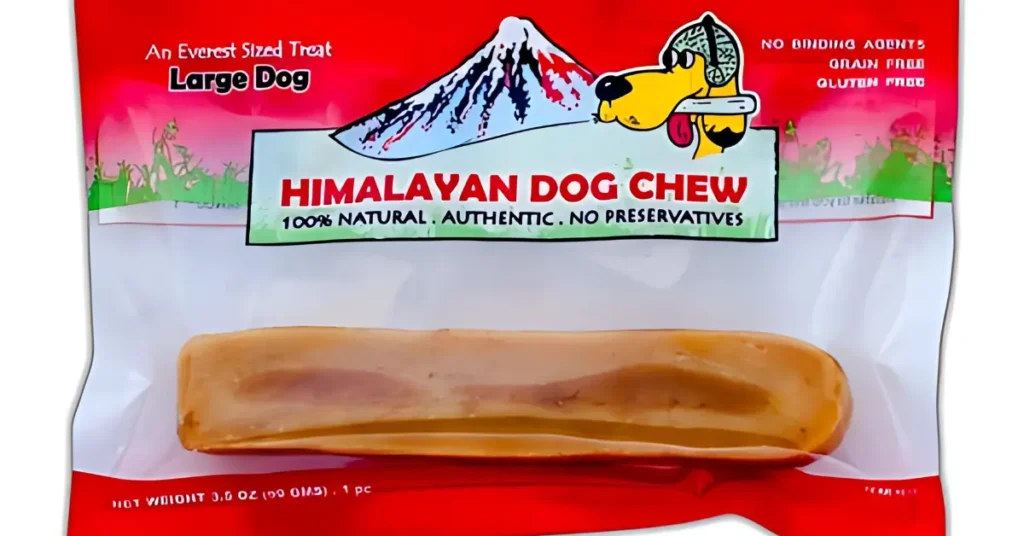In the ever-evolving world of entrepreneurship, innovation is not limited to adults with years of experience or corporate backing. Sometimes, it emerges from the boundless creativity of young minds who dare to think outside the box—quite literally in this case. Paper Box Pilots is a brilliant example of a simple yet innovative idea that captured the hearts of children and parents alike. Founded by a 13-year-old entrepreneur, this business transformed ordinary cardboard boxes into imaginative play vehicles using creative sticker kits.
But how did this venture begin, and what made it stand out? Let’s delve deeper into the inspiring journey of Paper Box Pilots, explore its appearance on Shark Tank, and analyze the impact it has had on the toy industry.
Table of Contents
ToggleNet Worth Paper Box Pilots
Noah Cahoon’s business venture, Paper Box Pilots, gained significant traction after appearing on Shark Tank. The exposure led to increased sales and expanded distribution opportunities. While exact figures regarding Noah’s net worth are not publicly available, it is estimated that Paper Box Pilots generated substantial revenue due to its widespread appeal among parents and children. The success of the brand highlights how a simple, well-executed idea can become a lucrative business.
Key Takeaways
- Simple Ideas Can Lead to Success: Paper Box Pilots was born from a common childhood experience—playing with cardboard boxes.
- Creativity in Play is Valuable: The business capitalized on fostering imaginative play, filling a gap in a tech-dominated toy industry.
- Young Entrepreneurs Can Make an Impact: Noah Cahoon’s journey proves that age is no barrier to innovation and business success.
- Shark Tank Boosts Visibility: Appearing on Shark Tank helped amplify Paper Box Pilots’ reach and credibility.
- Community Engagement Strengthens a Brand: Noah’s initiative at Hill Air Force Base exemplifies the importance of giving back.
The Origin of Paper Box Pilots
The story of Paper Box Pilots begins with young Noah Cahoon, his father Brian, and his little brother Milo. Like many children, Noah had a fascination with turning everyday objects into imaginative playthings. When he was just four years old, his father, Brian, would create airplanes from large cardboard boxes for him to play with. To enhance the experience, Brian would hand-draw cockpit controls and other decorative elements on the boxes to make them resemble real aircraft.
As Noah grew older, he observed the effort it took to draw detailed dials, gauges, and cockpit instruments. Instead of simply discarding the idea, he sought a way to make the process easier while maintaining the magic of imaginative play. His solution? Sticker kits that could quickly transform any cardboard box into an airplane, race car, or fire truck.
Bringing the Idea to Life
Noah launched Paper Box Pilots in 2013 with a simple yet powerful mission: to encourage creativity and imaginative play among children. He designed a variety of sticker kits that parents could purchase for their kids to transform empty boxes into visually engaging play vehicles. The business quickly gained traction, with customers appreciating the concept’s simplicity, affordability, and creative potential.
The sticker kits, priced at $7.99, became a hit among parents looking for screen-free entertainment options for their children. Noah’s efforts extended beyond just selling products—he also focused on giving back to the community. For his Eagle Scout Project, he organized a “paper box carnival” at Hill Air Force Base in Roy, Utah, where children could experience the joy of turning boxes into airplanes using his sticker kits. This initiative demonstrated Noah’s commitment to fostering creativity in children beyond just selling a product.
The Power of Creative Play in Child Development
The popularity of Paper Box Pilots is rooted in an essential element of childhood—imaginative play. In today’s digital age, many children are drawn to tablets, smartphones, and video games, leaving little room for hands-on, creative activities. While technology has its benefits, studies show that unstructured playtime is crucial for cognitive, social, and emotional development in children.
Cardboard boxes have long been a source of entertainment for kids. The concept is simple: children see possibilities where adults see discarded packaging. A box can become a spaceship, a house, a pirate ship, or an airplane—the only limit is a child’s imagination. This type of play helps develop problem-solving skills, motor coordination, and creativity.
Noah’s business model capitalized on this natural inclination, offering children an easy way to enhance their play experience. Instead of parents struggling to draw detailed designs, they could use high-quality stickers to achieve the same effect in minutes. The result? More immersive and visually engaging playtime for children while maintaining the hands-on, imaginative experience.
Paper Box Pilots’ Journey to Shark Tank
Given the early success of his business, Noah saw an opportunity to take Paper Box Pilots to the next level. In 2014, he pitched his idea on Shark Tank, the popular reality TV show where entrepreneurs present their businesses to a panel of investors (known as “Sharks”) in hopes of securing funding and mentorship.
Whenever a young entrepreneur enters the Shark Tank, the judges are often intrigued. There is something compelling about a kid-driven business—perhaps it’s the nostalgia of their own entrepreneurial beginnings or simply admiration for youthful ambition. Noah’s pitch was no different.
He walked into the tank alongside his father, Brian, and his younger brother, Milo, to present his innovative sticker kits. His confidence, knowledge of the business, and genuine passion impressed the Sharks. The fact that he had already sold his products globally and set up a large-scale event for his Eagle Scout Project further demonstrated his dedication.
Will the Sharks Take the Bait?
Among the Sharks, Mark Cuban is known for supporting young entrepreneurs. His investments often go beyond monetary contributions—he mentors and guides young business owners, helping them navigate the competitive world of startups. Similarly, Lori Greiner and Barbara Corcoran frequently express interest in kid-driven businesses, understanding their potential for mass market appeal.
The big questions in every Shark Tank pitch are:
- Are the margins strong enough?
- Is the product scalable?
- Does it fill a gap in the market?
Given the affordability of the sticker kits and their appeal to parents seeking creative, budget-friendly play solutions, Paper Box Pilots seemed to check all the boxes.
The Aftermath: Paper Box Pilots’ Impact and Growth
Following Shark Tank, Paper Box Pilots experienced a surge in visibility and sales. The business gained media attention, and parents across the country embraced the idea of turning ordinary cardboard boxes into creative masterpieces. The exposure led to increased distribution opportunities, and Noah continued to refine and expand his product offerings.
One of the biggest takeaways from Noah’s journey is the power of simplicity. Often, the best business ideas come from everyday experiences. Parents have always known that children love playing with boxes more than the expensive toys inside, and Noah leveraged that insight into a profitable business.
Conclusion
Paper Box Pilots is a testament to the power of creativity and entrepreneurship. While toys have evolved significantly over the years, the fundamental need for imaginative play remains the same. Noah Cahoon’s journey from a four-year-old playing with boxes to a young entrepreneur selling sticker kits worldwide is truly inspiring.
His story serves as a reminder that sometimes, the simplest ideas can take flight in the most unexpected ways. Whether through an airplane, a race car, or a fire truck, Paper Box Pilots continues to fuel the imaginations of children everywhere—one sticker at a time.
